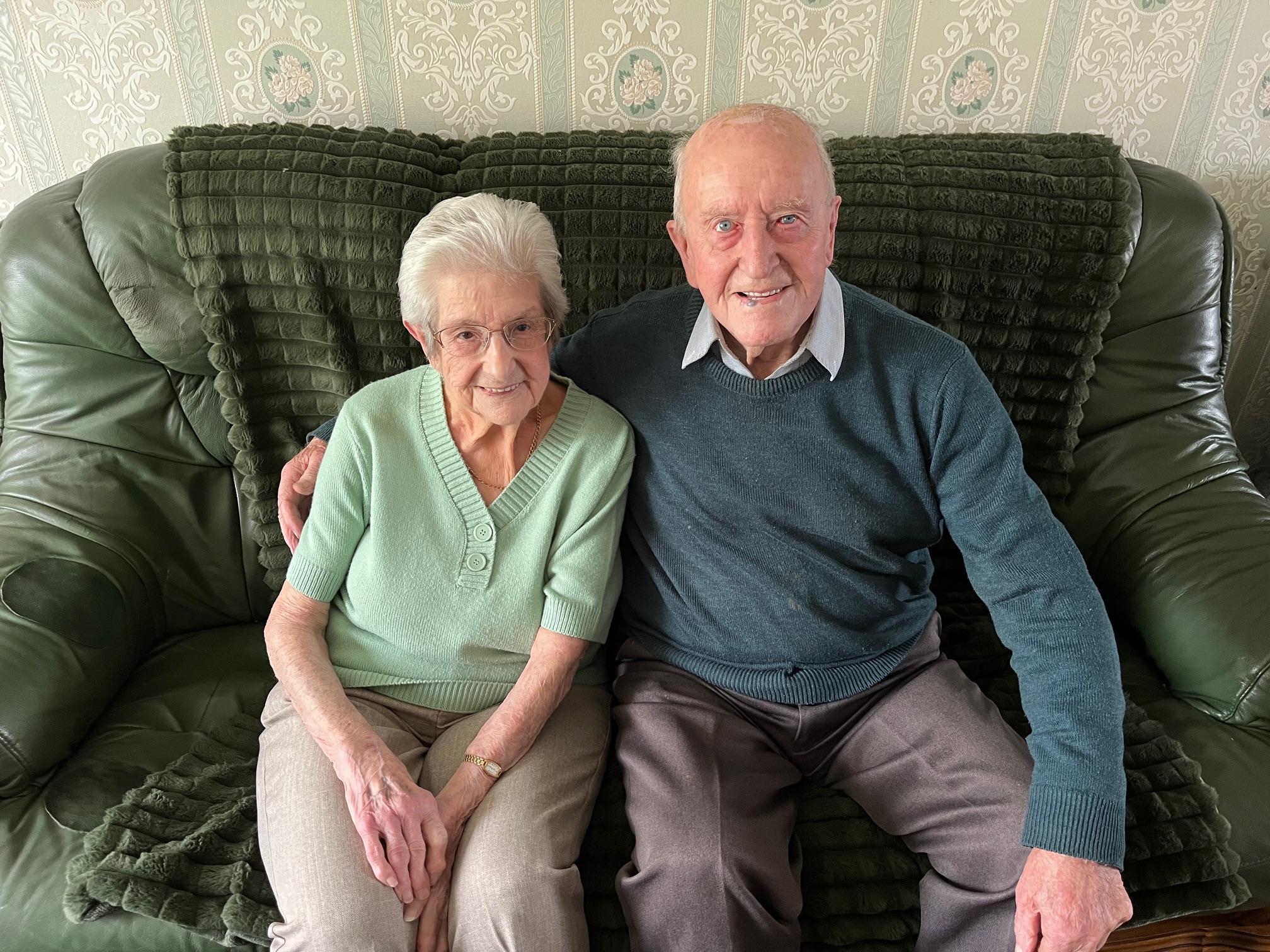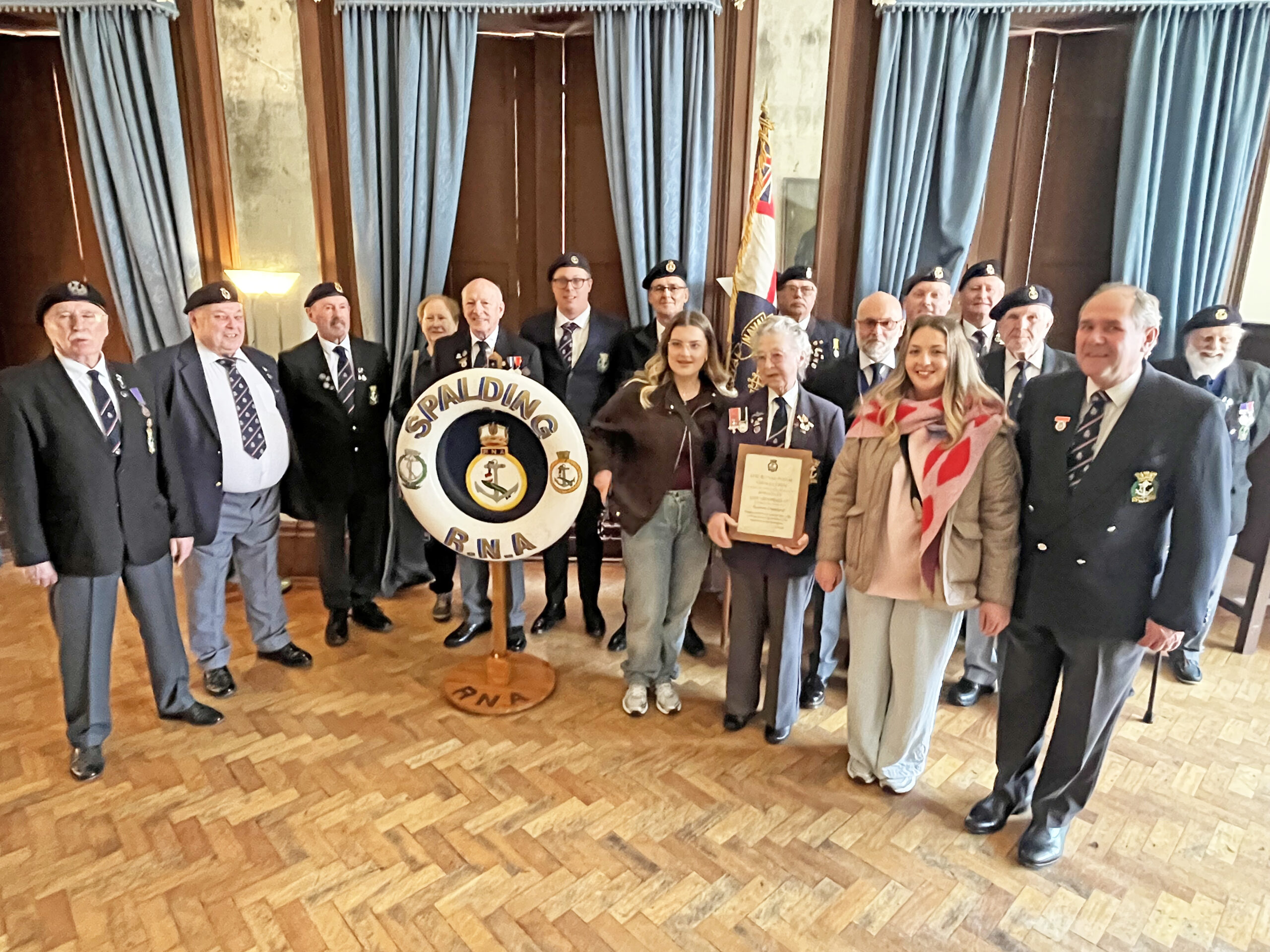Although I voted to accept them as a first, rather small, step towards giving back to local government some of the powers usurped by central governments of all political colours over many decades, I was fully aware of the flaws attached to the offer, most notably the bizarre concept of an elected mayor. I was clearly in a minority – not unusual in my somewhat limited political career over the past 30 years.
However, what really got to me was the extremely questionable way that many of those who spoke and voted against the proposal in the council debate last October cited in their justification the consultation that had taken place across Greater Lincolnshire which, whilst not being against the idea of having less councils and less councillors, definitely rejected the idea of an elected mayor, which was the sine qua non of the government’s offer. Less than one per cent of those ‘consulted’ bothered to reply, so to argue that “the people of Lincolnshire have spoken” is a bit like newly elected President Trump’s press spokesperson arguing that more people attended his master’s inauguration than did those of his predecessor, when the photographic evidence proved him wrong.
Tory county council leader Martin Hill has now proposed that a referendum is conducted as part of the county council elections in May to see whether residents would favour a restructuring of local government by abolishing the existing first two tiers and replacing them with one tier, whilst retaining the third tier where it currently exists.
Now, if we could reach a greater number of people to assess their views on the concept of reforming the structure of local government around here by affording them this opportunity when they vote in the county council elections, doesn’t this make a great deal of sense? The only downside is the notoriously low turnout in local elections.
However, I’m pretty certain that having a referendum on polling day would produce a far more representative result than last year’s consultation did and, provided that it’s legal, cost a great less money.
The problem with Coun Hill’s otherwise clever proposal is that he has ‘previous’ when it comes to unitary authorities. Like many on the county council, he has in the past seemed to favour the creation of a single unitary authority out of the present set up of one county council and seven district councils, which would mean that most of us would have to deal with two councils instead of three as there is no intention of scrapping the parish and town councils, many of whom do an excellent job, are extremely cost effective, and could, with a change in legislation, be offered increased powers. If it is made clear that the precise details of any change are not being considered here, that should get him and his ‘one unitary’ colleagues off the hook.
The largest unitary council in England is Cornwall with around half million inhabitants and there are many who feel this is about the limit with a single authority. So, what do you do in a county like ours with nearly three quarters of a million people and a considerably greater surface area? There are still those who would rather our district councils became unitary authorities at the expense of the county council. This was, in fact, proposed in the early 1990s by Lincolnshire’s seven district councils and was rejected by the Banham Commission. Put simply, Banham argued that the county, whilst large enough in financial terms, was too remote for most people and the districts, whilst being closer to their electorate, lacked the financial clout to be effective.
I am surprised at the reaction of the leader of Lincoln City Council to the proposal of a referendum; and yet, in some way I am not. The cynics might say that he is simply playing party politics, as his council is the only second tier authority in the county where the Labour Party has a realistic chance of continuing to be in control. Surely it should not be what is best for your party (and I include my own party and such organisations as the Lincolnshire ‘Independents’ here); but what is best for the majority of people.
So, what should we be asking our residents? A simple question should be whether or not they are in favour of having one less council to deal with. If the answer is ‘yes’, this would not mean necessarily one council to replace the county council throughout Lincolnshire. We could end up with two or possibly three. We would certainly end up with less councillors, less officers, less possible duplication and less confusion and could save a great deal of money – and, no, it wouldn’t go into the pockets of those councillors who remained (allowances currently account for a very minuscule amount of council spending in any case). It would certainly not be a vote for Coun Hill as an elected mayor!
Armed with a positive result, the new county council could then undertake the difficult task of convincing its colleagues at district (some of whom are already on board) to join it in approaching central government for permission to do the hard work necessary to make unitary local government around here a reality.
Lincolnshire County Council (Hykeham Forum division)






